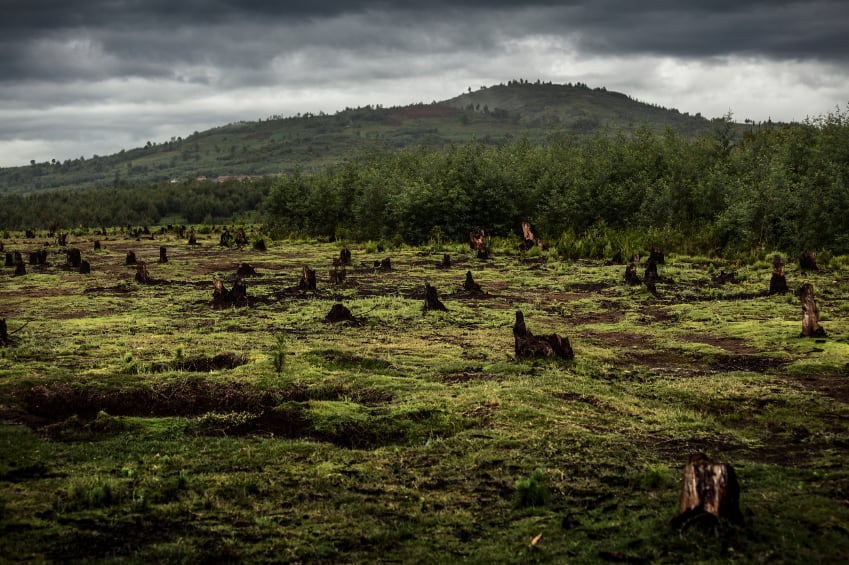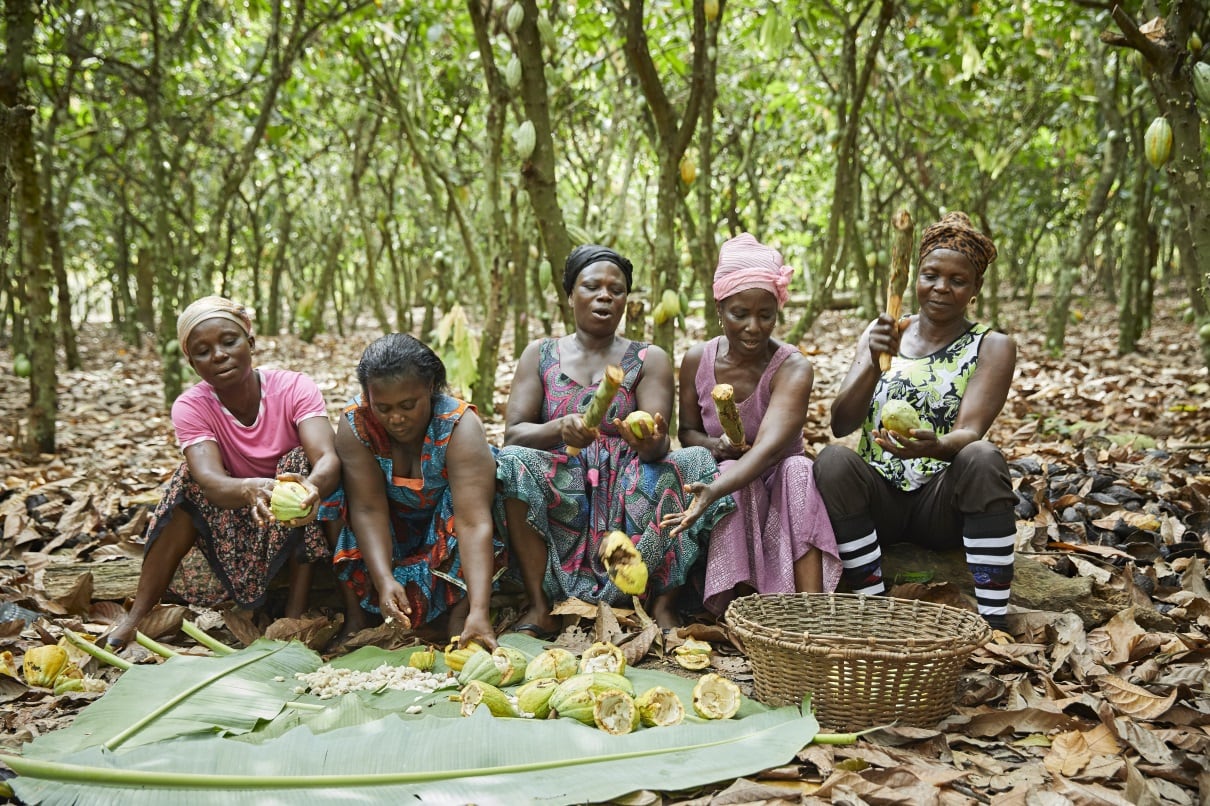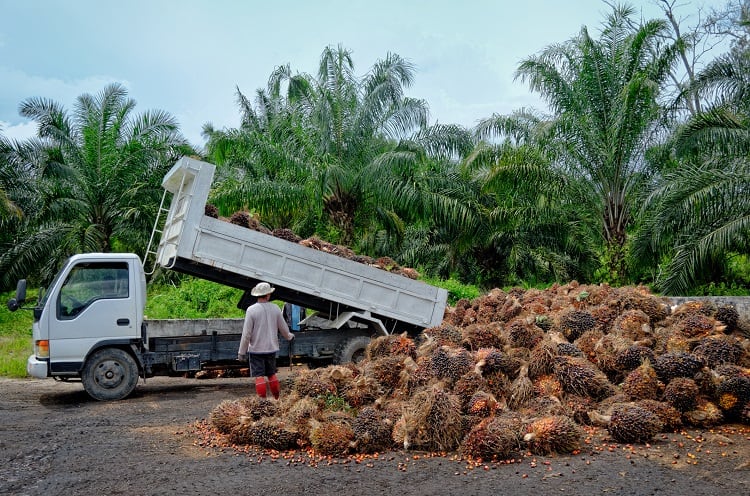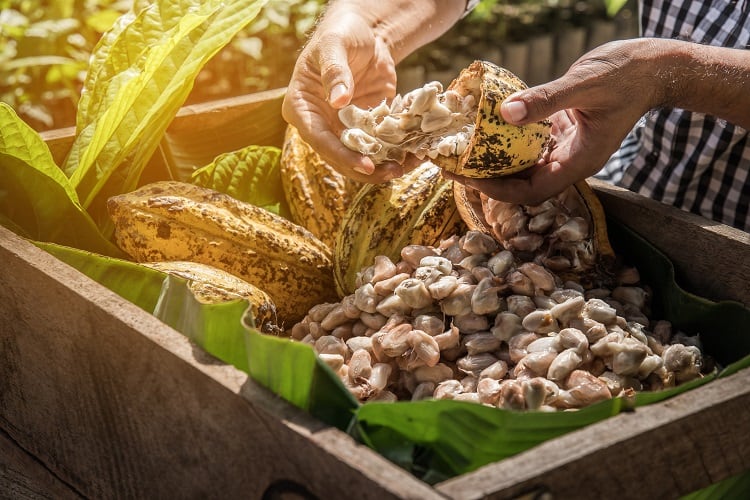In 2010, the Consumer Goods Forum (CGF) – representing the world’s largest CPG brands – launched a commitment to achieve zero deforestation over the next decade.
Fast-forward ten years to 2020 and the UN’s Food and Agriculture Organization (FAO) is still warning that deforestation is taking place at an ‘alarming rate’.
Deforestation, according to the FAO, is primarily driven by agricultural expansion. “Large-scale commercial agriculture (primarily cattle ranching and cultivation of soya bean and oil palm) accounted for 40% of tropical deforestation between 2000 and 2010, and local subsistence agriculture for another 33%,” the FAO noted.
There is a mixed picture and some conflicting evidence on whether deforestation rates are slowing.
“Between 2015 and 2020, the rate of deforestation was estimated at 10 million hectares per year, down from 16 million hectares per year in the 1990s,” the FAO’s 2020 State of Forests report noted.
However, in a briefing organised by the Intergovernmental Panel on Climate Change (IPCC), Dr Carlos Nobre, a senior climate scientist at the University of São Paolo, warned that more recent trends see the rate of deforestation in tropical rainforests like the Amazon accelerating once again.
“Deforestation rates increased dangerously in the last three years. Especially in the last 12 months, during which the deforestation rate in the Amazon has increased by over 40%,” Dr Nobre – an expert in the Amazonian region – warned in 2019. “Deforestation rates in Colombia are also increasing. That is very worrying.
“The Amazon may be closer to a tipping point than we assumed before. If total deforestation exceeds 20-25%… it is currently at 16-17%... there might be an irreversible transformation.”
The need to move further, faster
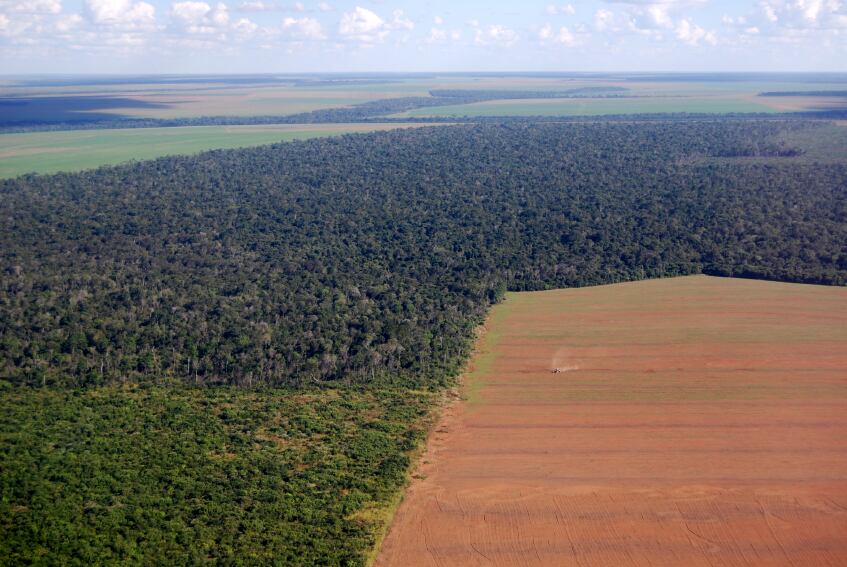
We are clearly a long way from zero deforestation targets across commodities like palm oil, soya, beef, cocoa and coffee.
Rainforest Alliance global theme lead for biodiversity conservation, Henriette Walz, told FoodNavigator that the industry ‘definitely’ needs to move further and faster to combat deforestation and its causes.
In a bid to do just that, this week the CGF announced a fresh push to tackle deforestation, with the launch of its Forest Positive Coalition of Action.
Made up of 17 global consumer goods retailers and manufacturers, the Coalition will use its collective voice to accelerate systemic efforts to remove deforestation, forest degradation and conversion from the key commodity supply chains of palm oil, soy, and paper, pulp and fibre-based packaging. The aim: nothing less than ‘transformative change across the industry’.
The Forest Positive signatories – which include the likes of Nestlé, PepsiCo, Unilever and Danone as well as retailers such as Carrefour, Tesco and Sainsbury’s - have agreed to a series of commodity specific roadmaps and commitments. The initiative will also establish action plans for achieving them and key performance indicators to assess success.
“The action plans will be implemented over the next 2-3 years. As of now, the first edition of the Palm Oil Roadmap is available on the Forest Positive website and the Roadmaps for Soy and Paper, Pulp and Fibre-based Packaging will be made available when they have been finalised. By joining the Coalition, each member company commits to implementing the steps outlined in the Roadmaps in their own respective operations,” CGF’s Social Sustainability Director Didier Bergeret told FoodNavigator.
Lessons from the past
An important question in setting future deforestation strategy must be a consideration of what went wrong last time. Why have CGF members missed the milestones they themselves set on deforestation?
Bergeret acknowledged that CGF members ‘made progress’ towards net zero deforestation – but conceded these efforts fell short.
“We ultimately learned that our approach, which relied heavily on remediating individual supply chains through certification, was not agile enough to properly address the many drivers of commodity-driven deforestation,” he explained. “In terms of the biggest challenges, there are several drivers behind deforestation in any region, including agriculture, forestry, mining, natural wildfires and urbanisation, to name a few.”
The past 18 months have been spent assessing what strategies have proved effective – and which ones have failed to deliver. Bergeret said this frank evaluation has fed directly into the commodity Roadmaps.
“The Coalition's members have taken stock of what is working, what is not, and what needs to change. The result has been the creation of the commodity Roadmaps, which have been developed through extensive consultations to positively impact forest environments, and support socially sustainable labour conditions in line with the CGF's Priority Industry Principles against forced labour.
“This also includes a strategy where Coalition members are committed to encouraging suppliers and trades to become deforestation and conversion-free businesses, so we can have truly forest-positive consumer products.”
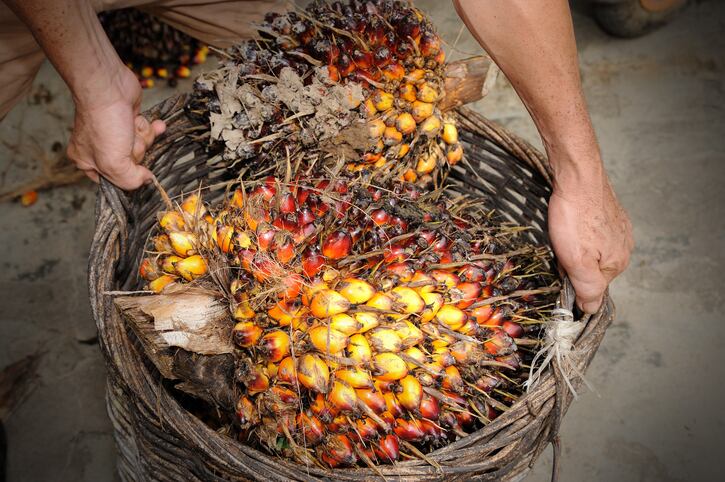
The involvement of smallholders in forest destruction complicates the picture further still. Delisting such supplies would further impoverish communities who are often living below the breadline, deepening poverty-related issues like childhood labour. And if large CPGs were to take punitive measures against such suppliers, who is to say they wouldn't find alternative markets elsewhere?
The Rainforest Alliance’s Walz concurs that there are few easy answers. The complex and interconnected drivers of deforestation made it ‘more difficult than everyone would hope’ to implement no-deforestation commitments, she observed.
“Deforestation has complex socio-economic root causes, including poverty, corruption, etcetera, and solutions are often not straightforward; supply chains are often complex, so for transnational companies difficult to clean up.”
But the NGO campaigner is no apologist for food and beverage makers continuing to grapple with deforestation issues: “Efforts have simply not been enough, particularly on the implementation of the commitments. Over the past decade, there was also much discussion over definitions and exact approaches to implementation. This should nowadays not be an obstacle, thanks to, among others, initiatives such as the Accountability Framework that provides guidance based on a consensus of many leading environmental NGOs.”
Full disclosure: The need for transparency and traceability
An important difference between the approach CGF members are taking today and that adopted a decade ago is an increased focus on transparency.
“The key differentiator between now and 2010 is a steadfast commitment to transparency and accountability. We know this is crucial to reach our collective goal of removing deforestation across our suppliers’ entire supply base,” CGF’s Bergeret revealed.
This observation was echoed by Forest Positive signatory – and the world’s largest food maker – Nestlé.
Like other CGF members, Nestlé has been unable to reach its goal of no-deforestation by the end of 2020. As of March 2020, 85% of the key agricultural raw materials the company buys - including palm oil, soy and pulp and paper - were verified deforestation-free. That figure will surpass 90% by the end of 2020, Nestlé predicted.
“We are accelerating our efforts and continue to work with smallholder farmers and large suppliers alike to achieve our objective by the end of 2022. In doing so, we are using a combination of tools, including supply chain mapping, certification, satellite monitoring and on-the-ground verification, to ensure that the raw materials we buy are not linked to deforestation,” a spokesperson told FoodNavigator.
“Barriers to supply chain transparency and traceability and an approach focused on companies’ individual supply chains have slowed down effective responses. Over the last ten years, we have learned that successfully tackling deforestation in agricultural supply chains requires full supply chain transparency, including full traceability to plantations or farms and reporting on progress from all supply chain actors; supporting smallholder farmers’ inclusion and resiliency; and effective collective action and engagement of all key actors on the ground.”
Nestlé is far from the only company not to have eradicated deforestation from its supply chain. Indeed, of those that report granular information on the topic, it is one of the best in class.
UK non-profit Global Canopy produces an annual Forest 500 ranking that tracks 350 most influential corporations and 150 financial institutions in forest-risk commodity supply chains. Its findings are startling: Over 40% of the companies ranked aren’t doing anything to tackle deforestation in their palm oil, soy, cattle, timber and pulp and paper supply chains. While almost a third of those who have made commitments don't have any concrete policies to support them.
Collaborating for maximum impact
This is why, supporters of a collaborative approach insist, it is so important to take an industry-wide approach that can raise all boats.
Increased transparency is a step-change to tackling deforestation. This opens the door to increased accountability and advances a collaborative approach across industry, governments and civil society.
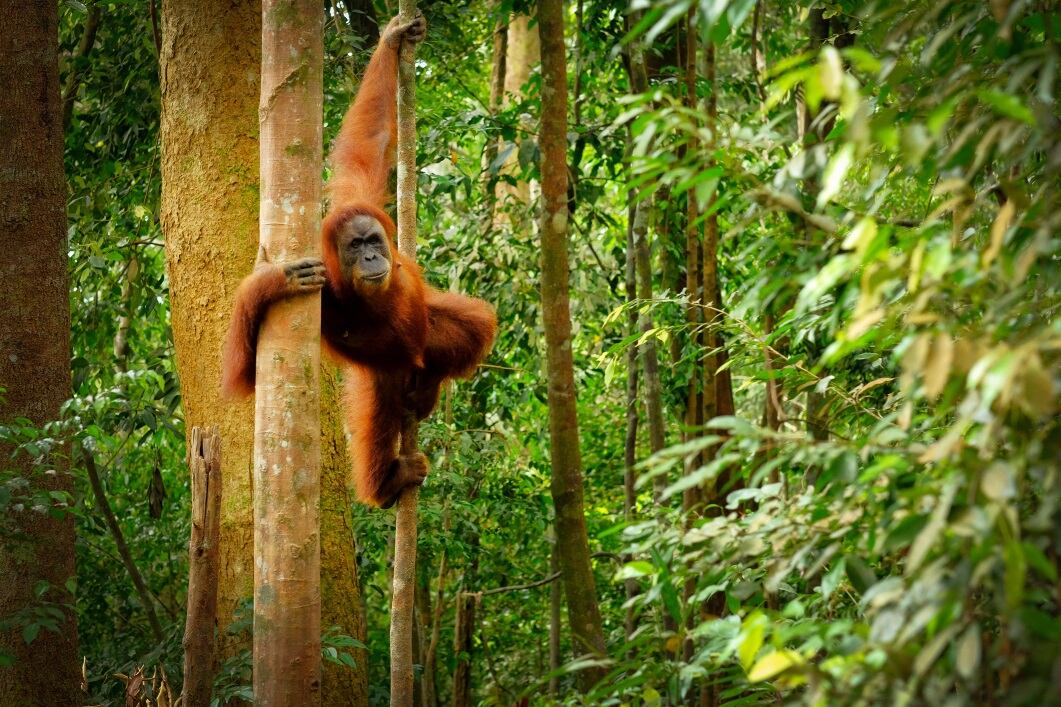
In the past, looking inward at individual supply chains was a limiting factor, Bergeret observed. “We recognise that focussing on individual supply chain intervention was a limited strategy so our Coalition is now seeking to use collective influence, across our 17 members, to drive and accelerate efforts to remove deforestation across our suppliers’ entire supply base. Our members are committed to working with more stakeholders to have a comprehensive and integrated approach that engages suppliers, traders, smallholders, governments and civil society.”
By working together and engaging with other stakeholders, Bergeret is hopeful that the Coalition will be able to get over the line and stamp out deforestation linked to food commodities.
“As 17 of the world’s leading consumer goods companies, the Coalition members know they have a responsibility to do their part to build a forest positive future. The strength of the Coalition lies in bringing together retailers and manufacturers at the CEO-level in order to drive positive change quickly and at scale. Working together as a Coalition puts these companies in a powerful position to drive real transformative action.”
Walz, too, stressed the need for a joined-up approach to be adopted by all stakeholders, including mandatory legislation that sets a ‘level playing field’ for leaders and laggards on deforestation issues.
“It is also important that all actors, including governments and civil society, all have a role to play, and that there should be mandatory and voluntary measures,” the Rainforest Alliance biodiversity export told this publication.
“It is very promising that the EU as well as the UK want to develop legislative frameworks to drive out deforestation from imports to the EU. The Rainforest Alliance welcomes these initiatives, as they ensure that countries consuming and importing products that contribute to deforestation take their responsibility for this global problem.”
The Rainforest Alliance advocates the adoption of mandatory due diligence legislation, which Walz believes can ‘level the playing field for those already taking their responsibility’ alongside a culture of accountability and openness about risk.
“These demand-side measures should be combined with bilateral partnerships with producing country governments to come to the most effective set of measures as a whole. For any demand-side legislation to be effective and create positive impact on the ground for people and nature, the EU will need to work with the governments of relevant producing countries, including time-bound deliverables where appropriate.”

